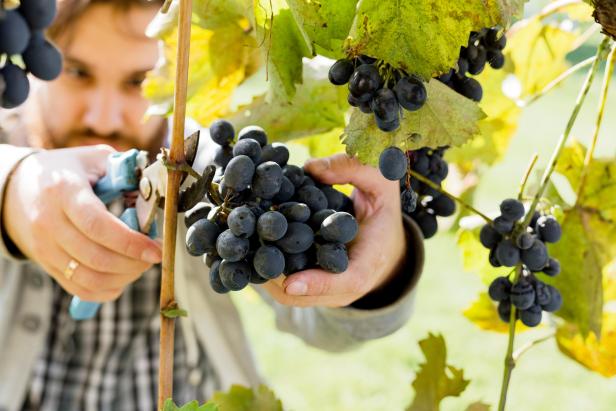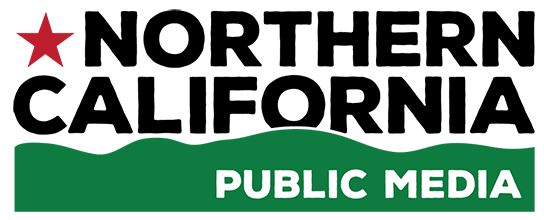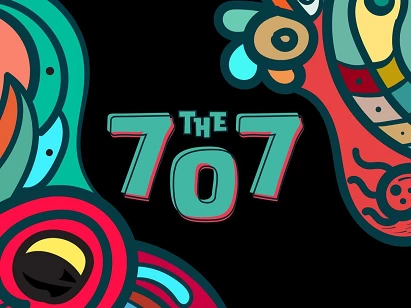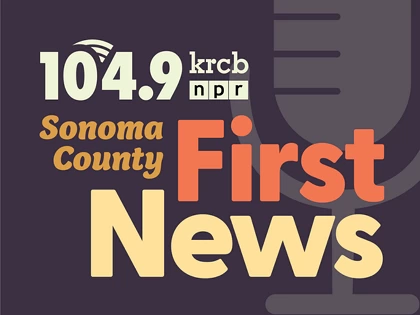 photo credit: Shutterstock
photo credit: ShutterstockPresident Trump’s “Big Beautiful Bill” allocates a record-setting $170 billion for immigration enforcement. The money is set to go toward expanding detention facilities and hiring new agents for Immigration and Customs Enforcement.
After pledging in June to protect the agriculture industry from crackdowns, Trump reversed course a few days later.
Now, as California’s annual grape harvest begins, the state’s wine community is on edge.
In a recent episode of the animated series "South Park," the creators spoof President Trump's aggressive immigration tactics in a military-style ICE recruitment video.
Audio from 'South Park: "We don't ask for experience...just show up. We don't care if you've read a book...."
"So we largely haven't seen many large scale farming operations hit yet, but that's, it's only a matter of time before they do do that," said Michael Kaiser, vice president of Wine America.
"There is going to be increased use of labor, starting kind of now through the fall because of the harvest," Kaiser said. "So, [ICE] may see that and say, oh, well, now's the time, we should go investigate these businesses."
To prepare for potential ICE visits. California vintners and growers are hosting workshops for employees, putting up 'No Trespassing" signs and keeping their ranch gates locked during business hours.
"People will maybe be scared to come to work because they think when they get up, you know, is this the day that ICE comes?" Kaiser said.
Kaiser says even employees with proper documentation are worried about getting caught up in immigration sweeps. And if vineyard crews stay home, there are no American workers to replace them.
"If there's nobody to pick the grapes, they're not gonna get picked," Kaiser said. "Grapes will just rot on the vine."
"The grenache is way behind," Coturri explained " You can see it's still mostly green."
This rocky 1,000-foot elevation vineyard isn't the kind of place you can farm with machines. It takes skilled human labor. Losing that labor during harvest would be a huge disruption.
"We already have labor stress and shortages," Coturri said. "So [ICE raids] would definitely exacerbate the problem."
"For me, it's, you know, we're talking about people that I grew up with, our neighbors," Coturri said. "The last thing I think about it is an economic issue. It's a community issue. People who are targeted by these actions are deeply woven into the fabric of this community."
To help keep it that way, Coturri said, California vintners and growers are practicing extra vigilance during the 2025 harvest.

 Live Radio
Live Radio




